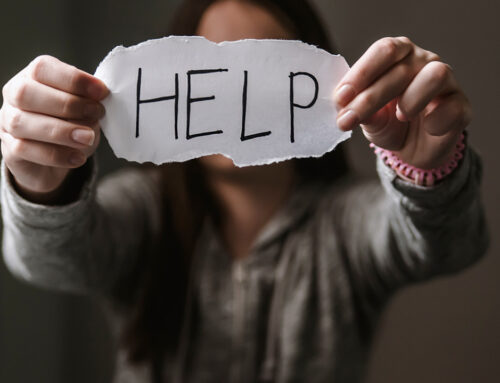In keeping with SAMHIN’s mission of greater dialogue on mental health in the South Asians and to highlight the important work of others in this area, we invited Gouri Banerjee PhD, Co-Founder and Member of the Advisory Committee of Saheli, to share information about the great work they are doing to help the South Asian survivors of domestic and sexual violence in Massachusetts. Saheli, Support and Friendship for South Asian Women and Families, is a social work agency in Burlington, Massachusetts. This year, Saheli celebrates 25 years of service to the South Asian community. SAMHIN congratulates Saheli on completing 25 years of this great service to the South Asian communities in Massachusettes!
Between January 1, 2021 and February 28, 2021 six domestic violence prevention advocates assisted survivors of intimate partner and domestic violence. One hundred and twelve women sought help – 96 women sought individual counseling for abuse and violence as well as supportive complementary services such as housing, transportation, and advocacy services for education, civil legal cases, economic conditions, immigration, and safety planning. Others sought resources for friends and relatives. Trained Saheli advocates assisted women and girls faced with many intersecting forms of abuse – physical, emotional, psychological, financial, intimidation, threats, and humiliation.
Many factors perpetuate violence against women – abusive and controlling men and women, preexisting psychological and social vulnerabilities, economic insecurity, uncertain immigration status, exploitive work environments, social isolation, and neglect. Each story of abuse is unique and depending upon severity women show symptoms of mental illness. For example, a common cause of abuse that can cause mental illness is related to immigration to a new country and acculturation stress which varies by age, education, social status, financial resources, English proficiency, and possession of employable skills.
Abuse and violence manifest in panic and phobic disorders, bruises, anxiety, and inability to trust people, including their advocates. Survivors can be extremely quiet or aggressive or angry. They have mood swings, may deny that they have mental health issues, refuse help, and may not follow recommendations. Or, they may be sad and despondent, rely upon the advocate excessively, and call at all hours, day or night, to talk. Older survivors also have additional concerns such as heart disease, diabetes, and cancer.
Saheli advocates receive training from state agencies and other professionals to listen, offer compassionate support, cultural understanding, language assistance, and empowering resources. They connect families to professionals, clinics, and resources in their local area. Although they are not psychologists or psychiatrists, Saheli advocates are very critical links to resources and networks of care for all South Asians.
During the pandemic, face-to-face meetings between advocates and abused women so critical to care have become severely limited. Care has been delayed. Face-to-face conversations that build trust in a shared language, sustain cultural beliefs and practices, share incidences of violence and abuse, exchange ideas for care and treatment, and create an environment of privacy and safety for survivors have moved to the phone. Although we continue to organize support groups virtually on Zoom to empower and educate girls and women, the pandemic has been very isolating for the women who are lonely and abused.
Saheli has a 24-hour bi-lingual response helpline, and advocates speak at least seven South Asian languages. An in-house professional psychologist organizes group therapy for adult women. Part-time counselors, psychiatrists, and referrals to out-patient services and mental health clinics are also available. A few South Asian psychiatrists and psychologists organize community webinars on Zoom to bring hope to South Asian families in many towns across the state.
South Asians face multiple barriers to good care. Not much culturally responsive care is available, many families are unable to use the web efficaciously, they are not fluent in English, and caring physicians would like to offer more but hospitals have strict rules about offering care outside the hospital setting. Women with complicated immigration status and no medical insurance are unable to get services because fear, stigma, and preexisting illness prevent them from using what is available. Saheli has limited resources to support meaningful mental health care over the long term for low-income individuals and many South Asians are unable to get the long-term care that mental illness often requires. Much more awareness-raising and resources are needed to address these conditions.
 By Gouri Banerjee PhD
By Gouri Banerjee PhD
Co-Founder and Member of the Advisory Committee, Saheli, Support and Friendship for South Asian Women and Families
Subscribe to SAMHIN’s email list if you would like to be notified when SAMHIN publishes new blog posts.
If you are interested in joining SAMHIN’s mission or have questions about the organization, please contact SAMHIN at info@samhin.org.
Feature image by Jill Wellington from Pixabay


